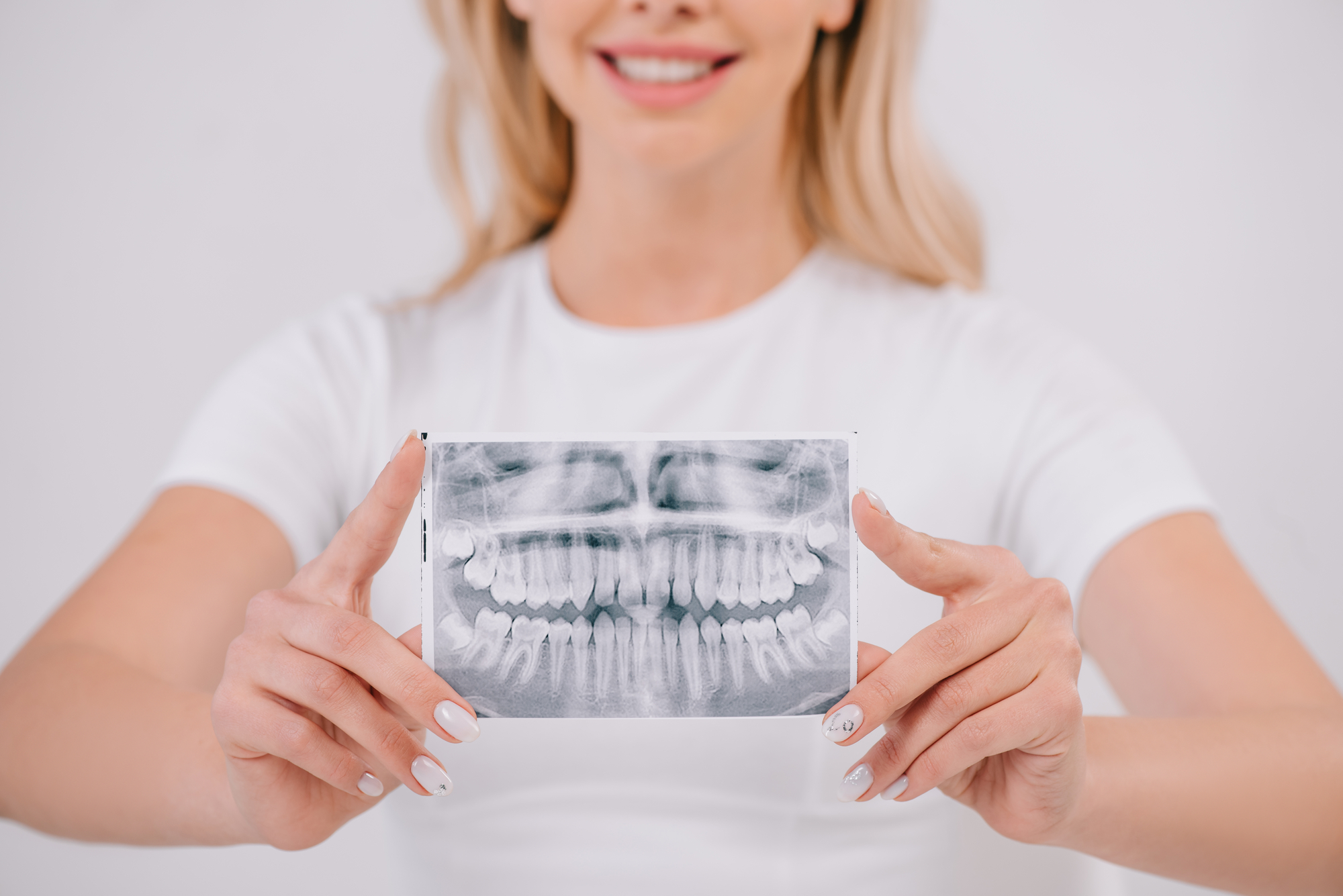7 Things Your Dentist Wants You To Know About Dentures
Dentures are a well-known tooth replacement solution. But what do you really know about dentures? Here are a few things we want you to know about your dentures. 1 -...

When you visit the dentist with tooth pain or another issue, your dentist is likely to suggest x-rays. But he or she may also recommend x-rays at your first appointment with a new dentist or with your ordinary twice-per-year visits.
Many patients have questions about whether x-rays are safe and necessary, especially if they aren’t experiencing any dental problems. Read on to find out more about the importance of dental x-rays.
Dentists can tell a lot from the oral exam you get at your visit, but x-rays go much deeper and can detect issues that your dentist cannot see at the surface. While x-rays show your teeth, they also give your dentist a glimpse of your jaw and soft tissue.
Dental x-rays are a powerful tool in diagnosing dental problems, but they can also save you money in the long run. X-rays discover these oral health problems sooner when treatment is often easier and more effective.
One simple example is detecting a cavity sooner. Some cavities may be visible from an oral exam, but some are not because the dentist is not able to see teeth from every angle and cannot always see between teeth.
When a cavity is detected at the beginning stages of tooth decay, a simple filling can treat it. However, if the cavity remains and decay persists over time, a great deal more damage can occur to the tooth. After a while, you may require a root canal and crown, which is far more extensive than a simple filling would have been
Many patients worry that dental x-rays aren’t safe. However, modern x-ray dental technology isn’t harmful. To put it into perspective, a dental x-ray exposes you to about the same amount of radiation you experience in one day just living on Earth. The American Dental Association concludes that the small amount of radiation from an x-ray is outweighed by the benefits associated with x-rays.
Of course, if you are pregnant or have any other medical issue that may impact your decision to get an x-ray, let your provider know. Your provider can help you determine whether an x-ray is optimal and can take precautions like a protective cover to minimize exposure.
The answer to this question will vary depending on your age and dental health. For healthy patients with no dental issues, the ADA recommends x-rays every 2 to 3 years. However, if you have had any cavities, fillings, crowns, or other dental work, you may need x-rays every 12 to 18 months or more often. For very young children with a low risk of cavities and who still have their baby teeth, x-rays may be unnecessary. However, older children may need x-rays more often as their secondary teeth develop.
Of course, if you are experiencing symptoms or other indications of a dental problem, for example, someone whose wisdom teeth are coming in, or if it is your first visit with a new provider, your dentist will likely recommend x-rays to evaluate your concerns.
X-rays help you get the best dental care. Whether you have a symptomatic dental issue or it’s time for your regular twice-a-year exam, call us to schedule your appointment.